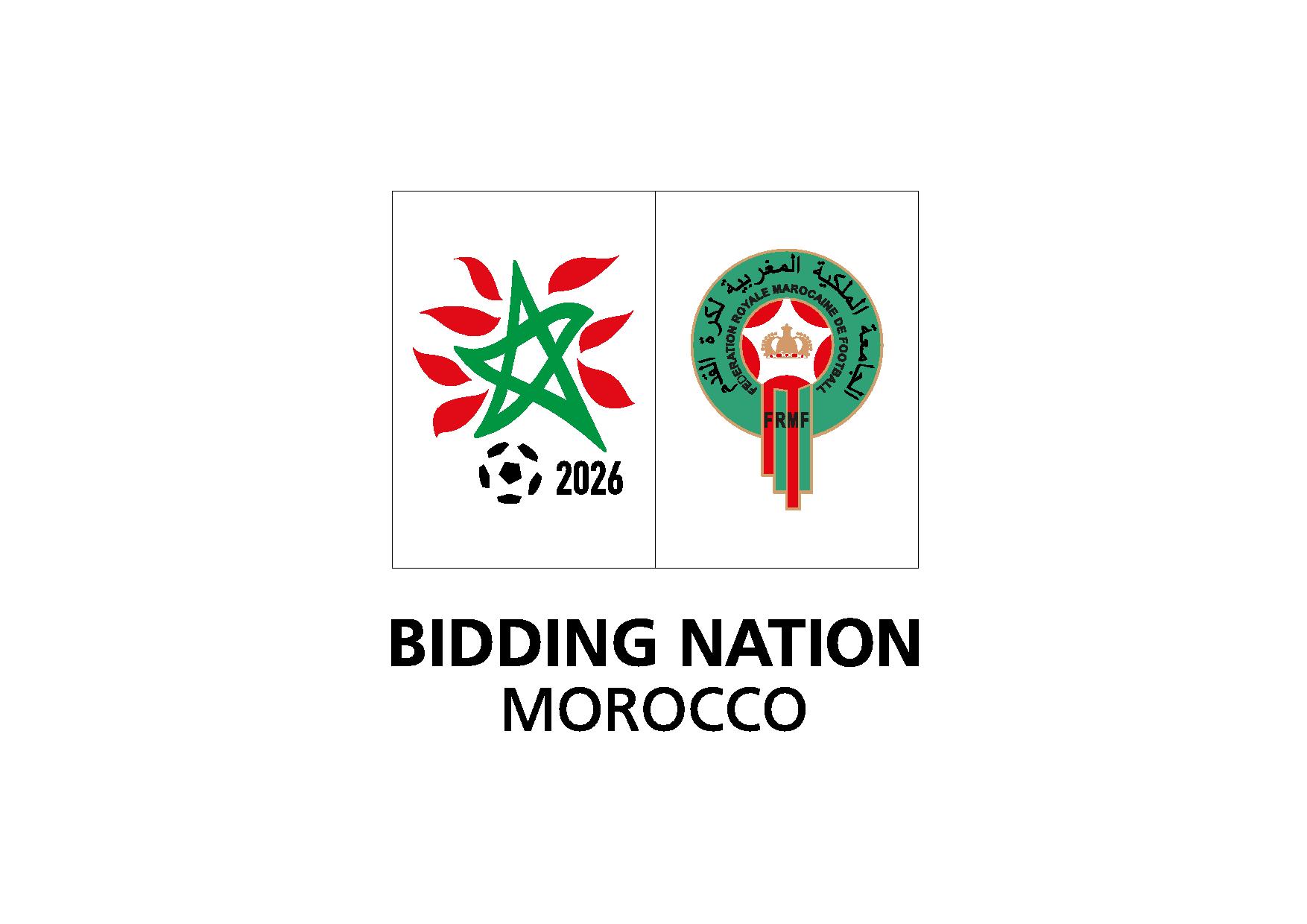By Andrew Warshaw
March 29 – As the two contenders to stage the 2026 World Cup await the all-important inspection visit from FIFA’s evaluation team next month, clear evidence has emerged that Europe will be split when the actual vote takes place on June 13.
While the joint USA-Canada-Mexico bid remains hot favourite to land the first ever 48-team finals, momentum is growing in Europe towards the Moroccan underdogs who badly need support from outside their own African continent to stand any chance of winning.
Morocco knows it cannot rely on its entire 55-strong continent since some countries seem likely to break ranks and support United 2026, most likely South Africa and its allies.
As a result, the other two largest confederations, UEFA and Asia, have become fertile lobbying territory over the next few weeks in an effort to upset the odds and steal victory in Moscow from under the North Americans’ noses.
Whilst it is no surprise that the likes of Tunisia, Algeria and Nigeria have formally backed Morocco – or that former FIFA president Sepp Blatter has lent his support – the outsiders will be encouraged by a string of statements from UEFA members over the past few days.
History shows that promises and slaps on the back beforehand do not necessarily translate into votes on the day. The Moroccans are hoping the first open one-country, one-vote ballot in the modern era will work in their favour but this is an unknown factor given that some federations may be reluctant to vote with their hearts if that means publicly going against government instructions.
Nevertheless Morocco, which organised an international media visit this week to provide details of its 2026 plans, will be buoyed by the list of European associations who have so far come out and expressed support.
Top of that list is Russia whose ambassador to Morocco Valery Vorobiev said the north African nation’s bid was the best option terms of logistics due to it being a key gateway between Africa, Europe and the Middle East.
Not surprisingly given the hardening of relations between Russia and the west and current global allegiances, Vorobiev also made it clear what he thought of the bid from the US, Mexico and Canada. “Objectively, the three candidate countries are weak in football, we all know the American, Mexican and Canadian football,” he said. “[It is] not real football.”
Unlike many countries round the world, Morocco has so far been loath to publicly criticise Moscow over its alleged role in the Spy-Gate scandal in Britain. Such diplomacy is being widely interpreted as being linked to the fact that 2026 bid officials are banking on Russia persuading its eastern European allies in UEFA to follow suit in supporting Morocco’s right to host at the fifth time of asking. Serbia has already fallen into line in that respect.
Yet it is the number of western European nations backing Morocco that gives the clearest indication of a split among UEFA’s 55 members. Already, France, Belgium and Luxembourg have said they are on board while Morocco is hoping others will follow suit, not just those where French is the predominant language.
To that end, bid team leaders are leaning on France to persuade some of the other heavyweight European countries, in particular Spain, England and Germany, to back their cause. “There is no doubt France is a big player in the campaign,” one Moroccan bid official told Insideworldfootball. “But there is a long way to go.”
Size, location both in terms of fan travel and broadcasting plus footballing pedigree are Morocco’s strengths. But as ever, geopolitics count for everything.
Contact the writer of this story at moc.l1732381400labto1732381400ofdlr1732381400owedi1732381400sni@w1732381400ahsra1732381400w.wer1732381400dna1732381400

